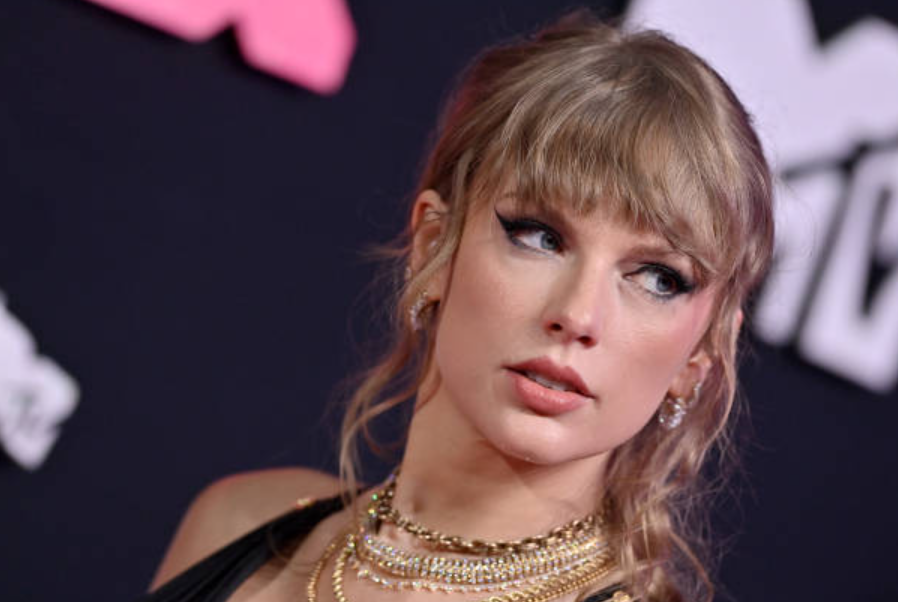The recent proliferation of fake sexually explicit AI-generated images of Taylor Swift on social media has ignited widespread concern and prompted urgent calls for regulatory action.
This alarming incident underscores the pressing need to address the potential malicious applications of AI technology, particularly in the realm of non-consensual image manipulation.
The White House has voiced deep apprehension over the circulation of these fabricated images. Press Secretary Karine Jean-Pierre emphasized the role of social media companies in enforcing regulations to curb the dissemination of misinformation and non-consensual imagery. (https://www.finnable.com/)
Despite the administration’s efforts to combat online harassment and abuse, a significant gap in federal legislation remains, failing to adequately deter the creation and spread of deepfake content.
In response to the Taylor Swift incident, Representative Joe Morelle has reignited efforts to pass legislation criminalizing the non-consensual sharing of digitally-altered explicit images. His bipartisan bill aims to impose both criminal and civil penalties on offenders, offering crucial legal recourse for victims of image-based sexual abuse.
AI-Generated Taylor Swift Image Incident

The emergence of deepfake technology has facilitated the rapid production and dissemination of fake pornographic material, exacerbating online exploitation and harassment. What was once a niche skill accessible to a select few has now become alarmingly widespread, with commercial industries profiting from digitally manipulated content creation and distribution.
Recent cases, such as the one in Spain where young schoolgirls fell victim to fabricated nude images generated by an AI-powered undressing app, underscore the profound consequences of such technology.
The Taylor Swift incident, likely produced using AI text-to-image tools, underscores the urgent need for robust safeguards and regulatory measures to protect individuals from malicious exploitation.
As social media platforms grapple with the fallout from this incident, swift action is imperative to mitigate further harm. Platforms like X (formerly Twitter) have a responsibility to enforce strict policies against non-consensual nudity and take decisive measures against offenders.
However, broader systemic changes are needed to combat the pervasive spread of harmful deepfake content and safeguard the digital autonomy of individuals worldwide.


Comments are closed.